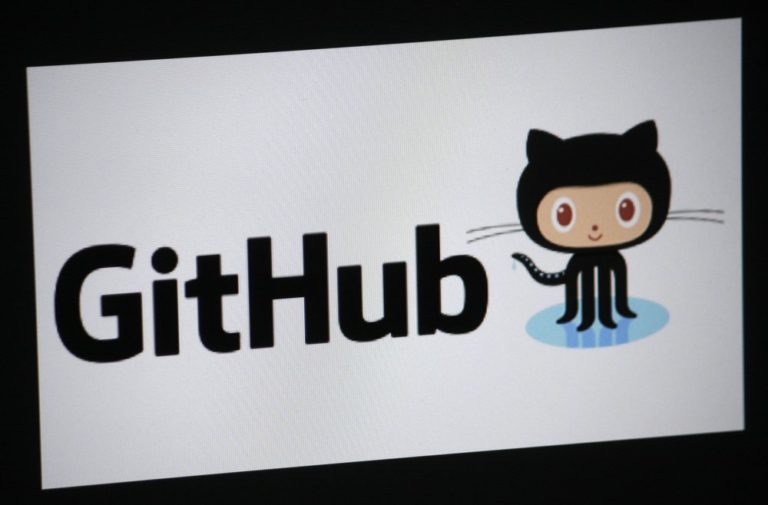New offerings include a long-awaited “Dark Mode”.
GitHub this week announced a number of new features and products at its virtual developer conference GitHub Universe 2020. GitHub is a leading provider of hosting for software development code version control and claims that over 50 million developers use its platform.
Sponsors for companies
Last year, the company launched GitHub Sponsors so individuals could support the open source developers they depend on. Now they are launching GitHub Sponsors for companies, which will enable organizations to invest in open source developers and projects. The companies can do this via their existing billing arrangements.
Several companies have already committed to invest in open source projects through GitHub Sponsors at launch. These include American Express, AWS, Daimler, Stripe, New Relic, Indeed, Microsoft, Substack, Major League Hacking, Indent, Notion, and Cognitect.
Dark Mode and more
Users can now enable Dark Mode (which is in public beta) directly from their settings interface. They can also set it to track their system preferences. The option targets developers who prefer to work in low light condition, or just don’t want the glare of a bright white background.
Currently on GitHub, pull request authors have to monitor their pull requests so they can merge them once all required reviews and checks have passed. This means they have to wait before moving onto your next task.
Pull request auto-merge is a new feature that solves this problem. It allows authors to have a pull request merged automatically once its required reviews or status checks have passed.
Auto-merge will be available as a public beta on public repositories next week. It will also be available to private repositories on Team and GitHub Enterprise Cloud plans.
GitHub Discussions supports developer communities
Discussions is GitHub’s new dedicated space for developer communities to come together, ask and answer questions, and have open-ended conversations. This feature makes it easier to curate and maintain conversation threads. It also has controls for customizing categories, transferring, and pinning discussions, and converting Issues into discussions.
A beta version of Discussions is currently available to all public repositories.
Tip: GitHub makes private repositories accessible to non-paying users
